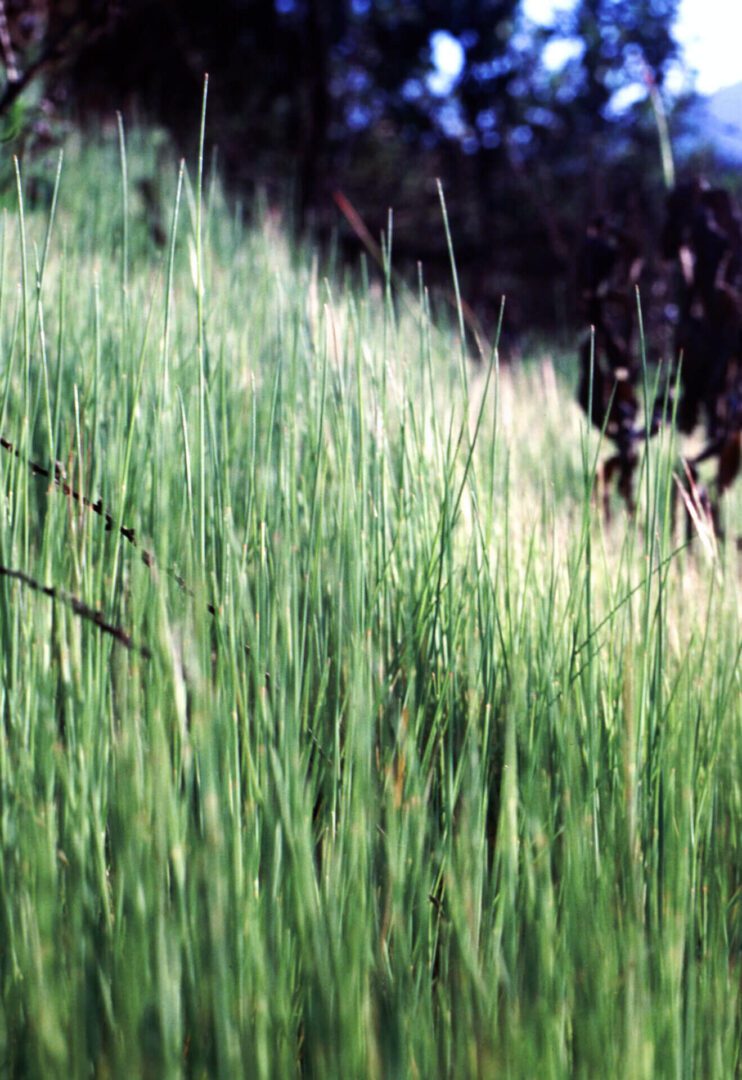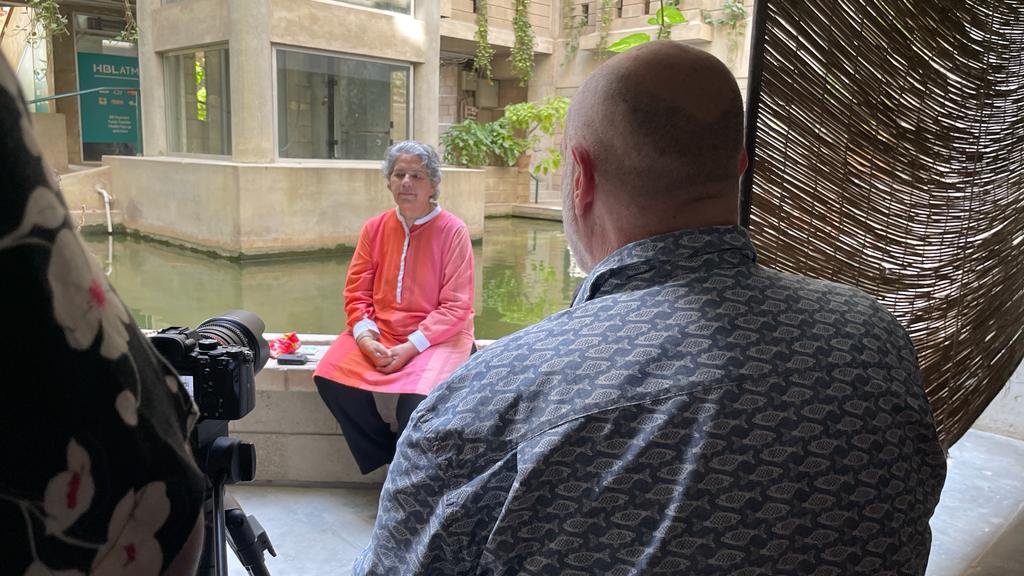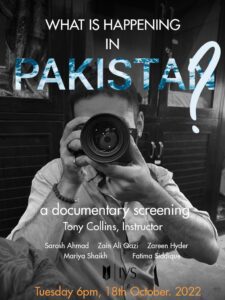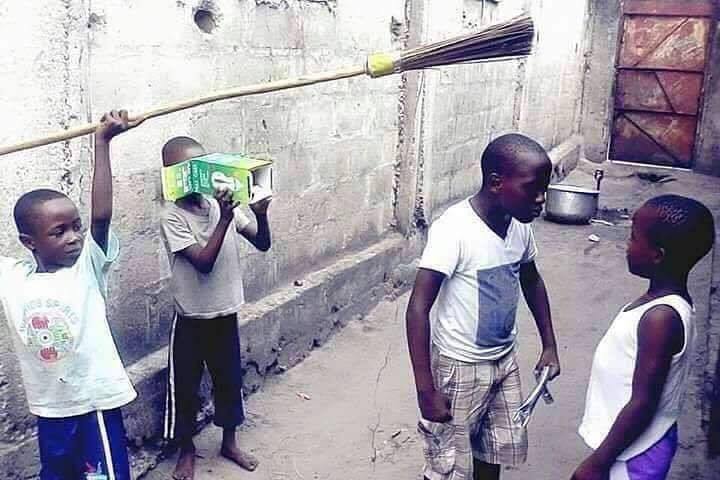Teaching, Learning, and Research
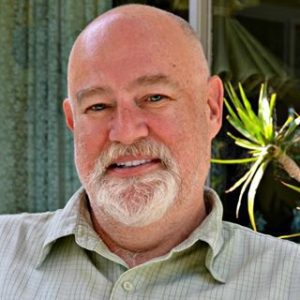
Teaching and and alternative methods of research enable an integration of my talents. As a teacher I am opening doors and sharing passions and knowledge, for the benefit of student learning.
I seek professional opportunities (paid or unpaid) to teach, develop curriculum, to advise in the knowledge area of Education and Film, and to explore creative ways to integrate theory and practice in collaboration with others. Email a description of your project and we can discuss.
I have more than 30 years of teaching and research experience in colleges and universities, K-12, and various other academic settings.
I have a broad range of international experience as a teacher of documentary filmmaking, film studies, professional practices for filmmakers, screenplay writing, grant writing, and editing/post production.
I have served as academic mentor, academic and creative research scholar, academic program leader, and researcher-writer.
My scholarly interests include alternative educational research methodologies:
- application of AV technologies as a scholarly research tool,
- practice and study of mindful meditation, and thee study of indigenous worldview(s),
- integration of creative work with academic scholarship ,
- application of the process of Grounded Theory and Grounded Action (Glaser) in documentary filmmaking.
Please see my online doctoral dissertation. I have written for publication in the areas of higher education, filmmaking and film studies, US legal history, ethnic studies, and others.
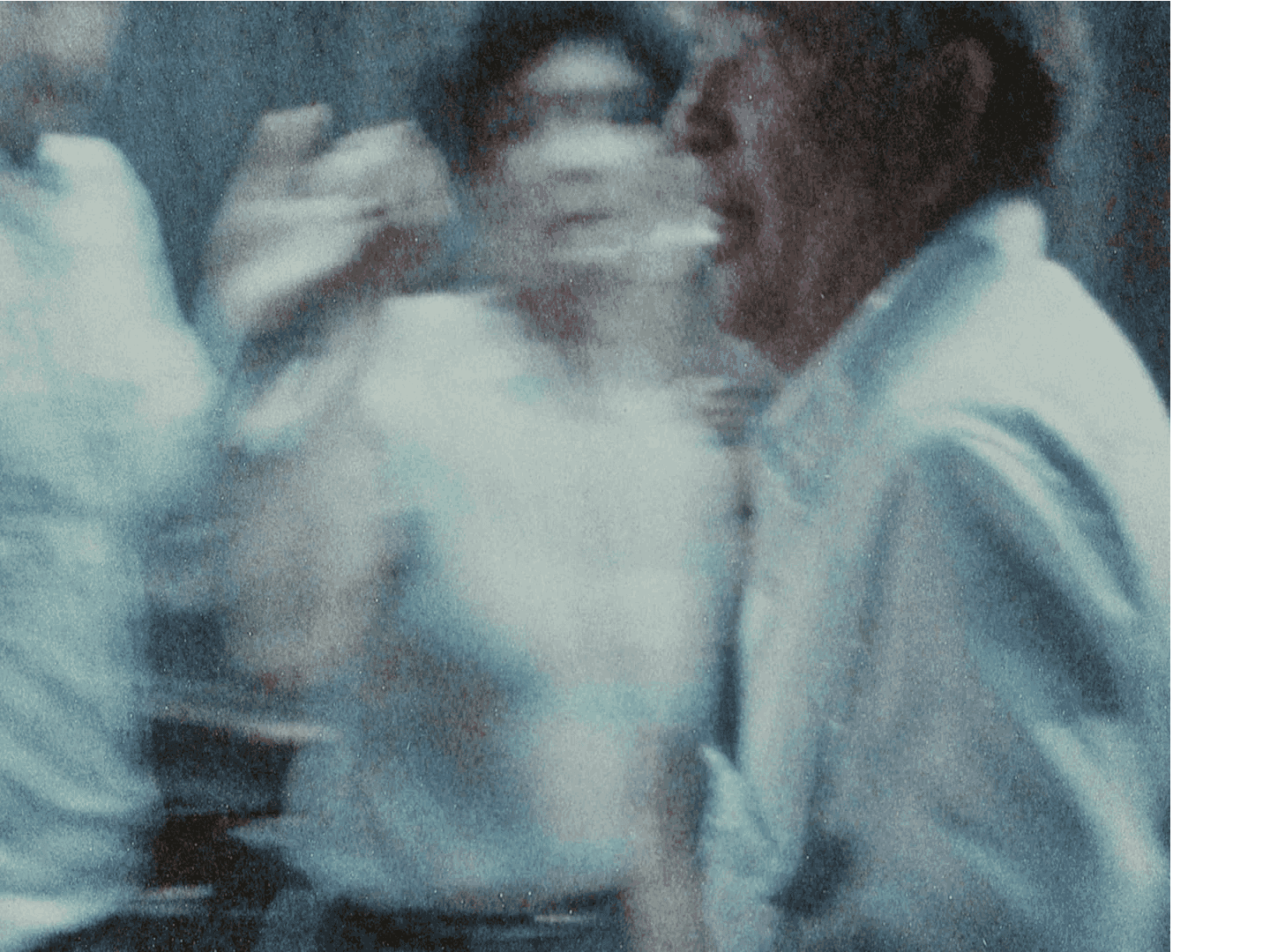
My Philosophy of Teaching
These six essential elements facilitate deep learning and form my personal philosophy of teaching.
(1) Knowledge and action are inseparable.
(2) The teacher's role is to act as a guide.
(3) Students must have access to hands-on activities.
(4) Students should be able to have choices and let their curiosity direct their learning.
(5) Students need the opportunity to practice skills in a positive environment.
(6) Technology must be integrated into the learning experience.
Introduction To Documentary Filmmaking
This is an introductory and practice-based course. The course emphasizes "hands-on" practical filmmaking training. The course is facilitating professional development, increased self-confidence-building, technical skills-building, the application of theory in creative practice, and other higher learning by students in the area of documentary/nonfiction filmmaking
Grantwriting for Creatives
Fundraising for Independent Producers
Sector : Professional and Business Studies in Fine Arts and Design, Film and Video Production, Digital Media Production, Graphic Design, more
Prerequisites : None, computer and internet access, word processing skills, digitized creative work a plus
Course Instructor:
Dr. E. Anthony Collins (Tony)
Filmmaker and Teacher
W: iefilm.com
E: iefilm@yahoo.com
Course Description
This introductory course can facilitate your professional development/skills as a creative producer/practitioner in filmmaking, or any other independent work in Art & Design. This online course intends to provide helpful context and proven strategies for requesting various forms of support including grants.
The following is an outline of the course work:
Writing a brief statement of request
Writing a personal/professional biographical statement
Building a project description
Describing the project background
Writing an overview/synopsis/treatment of your story
Organizing a plan of work with estimated budget, dates, goals and deliverables
Presenting examples of previous creative or professional work
Online presentation of work

NOTE: It is expected that students will need to spend up to six hours outside of class each week working on their assignments.
The assignments for this class include:
Tips: Be direct Be relevant Be considerate
WRITING. Who are you? What is your purpose in life? Students will write a brief biographical statement
WRITING. What is your project and request? What are you selling? What do you want to do in your proposal? Students will develop a written plan of work, with practical and specific plans for implementation.
DIGITAL MEDIA. Create YouTube/Vimeo channel or digital portfolio AND social media profile/web presence (Professional email account, Linkedin, IMDB, FaceBook, Instagram, etc.)
PRINT, WRITING, DIGITAL MEDIA. Business cards and 1-page resume
DIGITAL MEDIA. Produce demo reel and/or digital portfolio of your creative work.
READING and ZOOM DISCUSSION: Each student will learn about taxes as an independent contractor. Guests.
READING and ZOOM DISCUSSION: Stages of life and Mindfulness practices, nonprofit work for creatives
DIGITAL MEDIA: Online presentation of proposal
DIGITAL MEDIA: Online presentation with “pitch” to the class
LEARNING OUTCOMES
Students will demonstrate proficiency in foundation skills as they relate to the elements and principles of grant writing for creative work
Students will exhibit a high level of proficiency in the use of materials, techniques and media in their written work and digital media presentations
Students will demonstrate basic understanding of the practical and critical processes of grant writing for professional creatives through a synthesis of work
Students will demonstrate proficiency in the technical skills related to professional grant writing for creative projects
Students will demonstrate he ability to articulate key concepts and terminology related to professional practices
Students will demonstrate basic understanding and skills to navigate the logistics required for professional grant writing
Students will learn about taxes for work as an independent contractor.
I use the following as my guide for making an assessment of student work.
A
An assignment receiving a grade of “A” represents the best possible example of that assignment. The work is excellent. There are no technical problems. The parameters of the assignment, such as they are, have been met with exactness. Content is both creative and ambitious and goes well beyond simple imitation of the demonstration. The work exhibits a sound understanding on the part of the student.
B
An assignment receiving a grade of “B” represents work that is good but could be better. The work has some technical errors, but overall is satisfactory and above average. Possibly not all of the parameters of the assignment have been fulfilled, but most have. The content is thought out to a certain point, but it is slightly evident that further inquiry could have been used on the part of the student.
C
An assignment receiving a grade of “C” represents work that is average. The work has several errors, both technical and conceptual. The work betrays a general lack of understanding on the part of the student. Not all parameters have been met. The assignment lacks creativity beyond the demonstration of the assignment.
D
An assignment receiving a grade of “D” represents work that is below average and that is in need of reconsideration. There are many glaring errors in both technique and conceptual rigor. The work doesn’t satisfy the parameters of the assignment but should be given some credit based on a low level of effort. The work displays that the student does not grasp the assigned content very well at all.
F
An assignment receiving a grade of “F” represents the type of work that can in no way be accepted for credit, possibly because it doesn’t exist? The parameters of the assignment are not met. The technical errors are gratuitous. The portrayed attitude is one of “blowing off.” The work should be redone.
OPTIONAL WORK FOR THE CLASS
- One page essay. Where will I be in One Year Three years and five years?
- Meeting with Mentor. Each student will meet with a mentor in your chosen field, interview them on video and shoot them working. Then edit the material on a video less than 5 minutes.
- Work as crew/team member on a creative project
- Write three suggestions on how to improve the course and its web presence, sent by email to the instructor.
Beginning Screenplay Writing
Description of Course: Building a screenplay
Beginning Screenplay Writing intends to be practical, experiential, and motivational for building an original screenplay.
In the course title, ”beginning” reflects an attitude of freshness and openness, a lack of preconceptions. We aim to have a beginner’s mentality as we study and practice. This class is for beginners (and advanced practitioners) of screenplay writing.
The course intends to facilitate creative skills-building, reflection, and growth through self-discovered, self-appropriated learning-by-doing.
The class facilitates a creative journey of self-expression, guiding the student to find an authentic voice in screenplay writing.
This class aims to help a student to design a plan of action, build characters and scenes, hear readings of original dialogue or voice-over narration, and to “pitch” an original creative vision.
A script is different than a screenplay. Building an original screenplay is different from script writing. A script is a document that is intended for production work, to be used by specialized technical and creative practitioners (actors, cinematographers, editors, etc); while a screenplay is not usually going to be the document used for production, and it is subject to editorial changes.
This is a theoretical detail, but it is significant nonetheless—building a screenplay and writing a script diverge as two different processes with different purposes. For example, when building a dramatic or documentary screenplay it might not be possible or necessary for the screenplay writer to know the ending of the story. The story and its screenplay are in the process of being built or constructed. Conversely, when writing a professional script for media production or performance it is essential for the writer to know the ending.
In this course, we are focusing on building your screenplay, developing it step by step, from the beginning, whether or not your story has an ending.
This class is a chance for you to produce original work, and to hear it read out loud in a supportive creative environment.
This class could be helpful for adapting an existing work or for creating original work from the beginning; plus we will read, listen, discuss, and interactively share our thoughts, ideas and impressions. Beginners welcome!
Start by introducing a time and space for your writing, bringing it into your daily routine; then write freely, curiously, mindfully, and consistently.
Summary
For this class, you begin and build an original screenplay. You will build your screenplay from the beginning by doing the following:
- reflecting on your purpose
- writing a few sentences about your story idea(s),
- developing more complex characters, objectives, and scenes,
- developing backstories, and
- writing/editing a series of scenes that form a sequence or Act;
or, alternatively, if you are interested in non-fiction stories you might build a two-column AV script for documentary or corporate productions;
or you might explore other text-based models for media production or performance.
In this class you are free to explore styles and formats through a creative process of learning, writing, rewriting of your original work, and by reading the work of others; reflecting upon your growth, and by pitching your vision and story ideas to others.
All students, beginning or advanced, are encouraged to take the class multiple times. In between classes, your goal should be to integrate what you have done in the course’s previous assignments. No matter where your story is situated in the building process, it is important that you are continuing to explore, write and rewrite, and to pitch your ideas to others. It is important that other knowledgeable folks read and comment about your work, at least on occasion. Keep writing and never quit.
Beginning Digital Filmmaking (online)
Dr. E. Anthony Collins (Tony), Instructor
W: anthonycollinsfilm.com
E: iefilm@yahoo.com
Course Description
This is an introductory course for students of digital filmmaking. The goal is to introduce students to idea development processes, basic scriptwriting, capturing video and audio with basic equipment, and editing the various elements together to tell a story that is presented to an audience.
By conceiving, planning, producing, editing, and presenting a series of short creative productions, students explore how video techniques are used to structure meaning in media messages.
LEARNING OUTCOMES
- Integrate various technological tools for AV production
- Capture well-composed video images. See the light.
- Capture great sound. Learn to hear, listen, and record.
- Edit video and audio into a compelling story.
- Present your work to an audience
During the course, each student will demonstrate
- A basic understanding of work processes for AV production
- Basic principles of capturing great video and audio.
- Basic editing and storytelling with video and audio
- Integrate various technological tools for AV production
- Capture well composed video images. See the light.
- Capture great sound. Learn to hear, listen, and record.
- Edit video and audio into a compelling story.
- Present your work to an audience
By conceiving, planning, producing, editing, and presenting a series of short creative productions, students explore how video techniques are used to structure meaning in media messages.
Previous Course Websites
South Bay Adult School (Los Angeles, California)
Beginning Screenplay Writing (For Writers and Actors)
Marymount California University (Los Angeles, California)
Ramkhamhaeng University, Bangkok, Thailand
MCS 3260 Principles of Multimedia Writing
MCS 4480 Radio and TV for Society
Resources
Exploration of Two Approaches Proficiency and Growth
Teaching in Film, TV, Radio, and Digital Media Production
- Make Your First Video
- Fair Use
- How To Make Great Landing Pages
- Documentary
- Animation
- Film Editing
- Screenwriting
- Sound and Music
- Visual Effects
- Art Direction
- Costume Design
- Interviewing for Radio (Book)
Teaching in Digital Media Production
Tips for Professional Development
